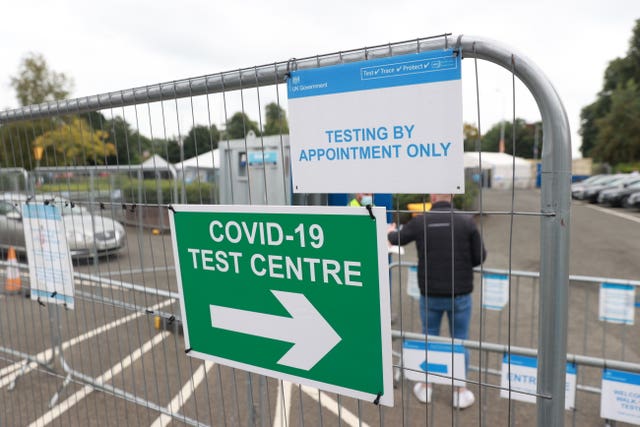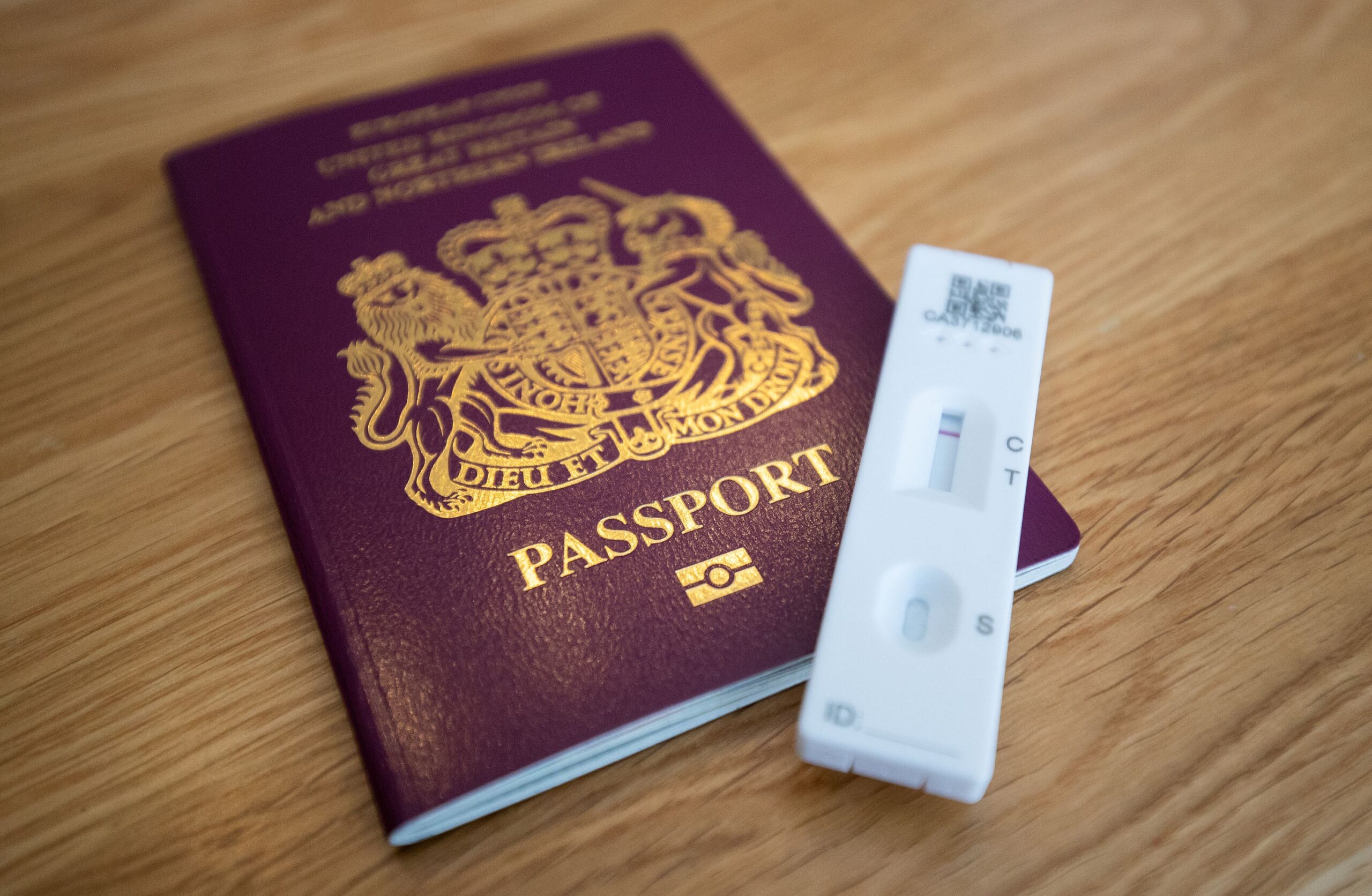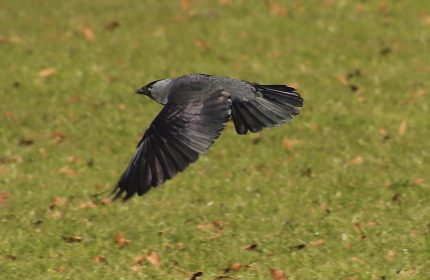What do we know about the new Covid variant and how worried should we be?
The B.1.1.529 variant has first been found in cases in parts of Africa and Asia.
Six countries have been added to the UK’s red list after UK scientists said they are worried about a new variant of coronavirus.
The B.1.1.529 variant has first been found in cases in Botswana, South Africa and Hong Kong.
People who have recently visited South Africa – where the bulk of the variants have been found so far – and returned to the UK are being contacted for testing to see if they contracted it overseas.
But how is this new variant different from previous versions and how dangerous is it?
When did it first appear?
UK scientists first became aware of the new strain on November 23 after samples were uploaded on to a coronavirus variant tracking website from South Africa, Hong Kong and then Botswana. A total of 59 samples have been uploaded on to the website so far.
Three samples are from Hong Kong, three are from Botswana and the rest are from South Africa.
Outlining the situation in South Africa, one senior scientist said: “If we look at the results they had up to a week ago, less than 1% of people were testing positive in lots of areas. That’s increased very dramatically in some parts to 6% in the last few days, and so that makes me concerned quite rapidly on people that may be arriving [in the UK] now.”
Are there any cases in the UK?
Currently, there are no cases in the UK, Health Secretary Sajid Javid has confirmed.
He added: “The early indication we have of this variant is it may be more transmissible than the Delta variant and the vaccines that we currently have may be less effective against it.
“Now to be clear, we have not detected any of this new variant in the UK at this point in time.
COVID-19 UPDATE:@UKHSA is investigating a new variant. More data is needed but we’re taking precautions now.
From noon tomorrow six African countries will be added to the red list, flights will be temporarily banned, and UK travellers must quarantine.
— Sajid Javid (@sajidjavid) November 25, 2021
“But we’ve always been clear that we will take action to protect the progress that we have made.
“Our scientists are deeply concerned about this variant. I’m concerned, of course, that’s one of the reasons we have taken this action today.”
Have any of these countries been put on the red list?
Yes. Flights from South Africa, Namibia, Lesotho, Botswana, Eswatini and Zimbabwe will be suspended from midday on Friday and all six countries will be added to the red list.
What does this mean for travellers?
The UK and Scottish Government and Northern Ireland Executive said on Thursday that UK and Irish residents who arrived in England between midday Friday and 4am Sunday, and who have been in the six countries within the last 10 days, must quarantine at home for 10 days and take NHS PCR tests on Day 2 and Day 8, even if they already have a lateral flow test booked.
Passengers – including UK and Irish residents – arriving from 4am Sunday will be required to book and pay for a government-approved hotel and quarantine for 10 days. They must also take tests on day 2 and day 8.
Direct flights from the six nations to the UK are being temporarily banned until 4am on Sunday, once the quarantine hotels have been set up.

It is currently not known how transmissible the new variant is
From midday on Friday 26 November, non-UK and Irish who have visited the nations in the previous 10 days will be refused entry into England.
How is it different from the other variants?
Despite only being tracked for the past three days, the virus has been identified as having 30 different mutations already. By comparison, that is twice as many as the Delta variant, which has been the most prominent variant in the UK over the past few months.
The mutations contain features seen in all of the other variants but also traits that have not been seen before.
Will the vaccines protect people against it?
It’s too early to say. The mutations could potentially make the variant more transmissible and evade the protection given by prior infection or vaccination.
Has it been classed as a “variant of concern”?
Not yet by UK scientists as they do not have enough evidence on its levels of transmissibility, however, some have said they are concerned.
Professor Ravi Gupta, a professor of clinical microbiology at the University of Cambridge, has said: “B.1.1.529 has signatures of cumulative mutation indicating that it emerged in a chronic infection.
“B.1.1.529 does certainly look of significant concern based on mutations present. Many have been shown to impact binding by neutralising antibodies, and some are known to increase the ability of virus to enter cells or to make them fuse together to allow cell-cell spread.”

People who have recently returned to the UK from South Africa will be invited for special tests
Professor Neil Ferguson, a member of the Scientific Advisory Group for Emergencies (Sage), said: “The B.1.1.529 variant has an unprecedented number of mutations in the spike protein gene, the protein which is the target of most vaccines.
“There is therefore a concern that this variant may have a greater potential to escape prior immunity than previous variants.
“However, we do not yet have reliable estimates of the extent to which B.1.1.529 might be either more transmissible or more resistant to vaccines, so it is too early to be able to provide an evidence-based assessment of the risk it poses.”
It is known as a “variant under monitoring”, meaning scientists believe it may pose a future risk, but its impact is unclear.
How worried should we be about this variant?
Scientists in the UK are eager to acquire live virus cultures so it can be examined, but this takes time. It can take seven to 10 days at least to grow enough virus that can be shared with other scientists so they can study how it mutates and changes.
Officials will now also have to wait for data to come from South Africa. The earliest they are expecting evidence to come through is two to three weeks, but it could be as long as four to six weeks.
The Press Association
Latest posts by The Press Association (see all)
- Actor Richard Chamberlain dies aged 90 - March 30, 2025
- 5 new books to read this week - March 26, 2025
- 6 things a physio wishes people over 60 would stop doing - March 25, 2025
- NHS reminder to 7.5m people as Covid-19 jab booking system opens - March 25, 2025
- The truth about cholesterol – what you need to know - March 25, 2025




















